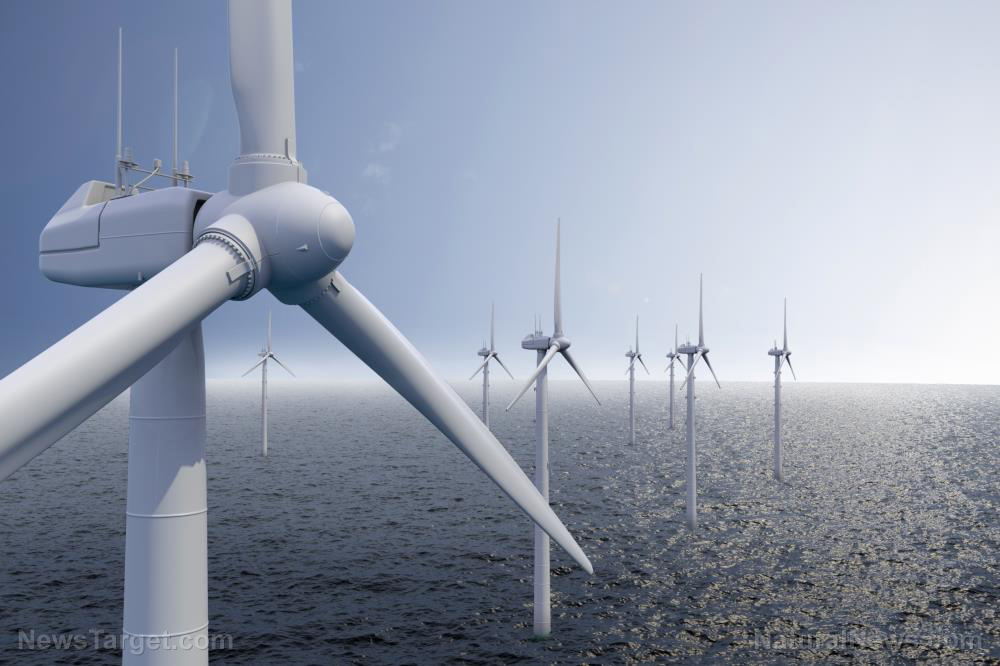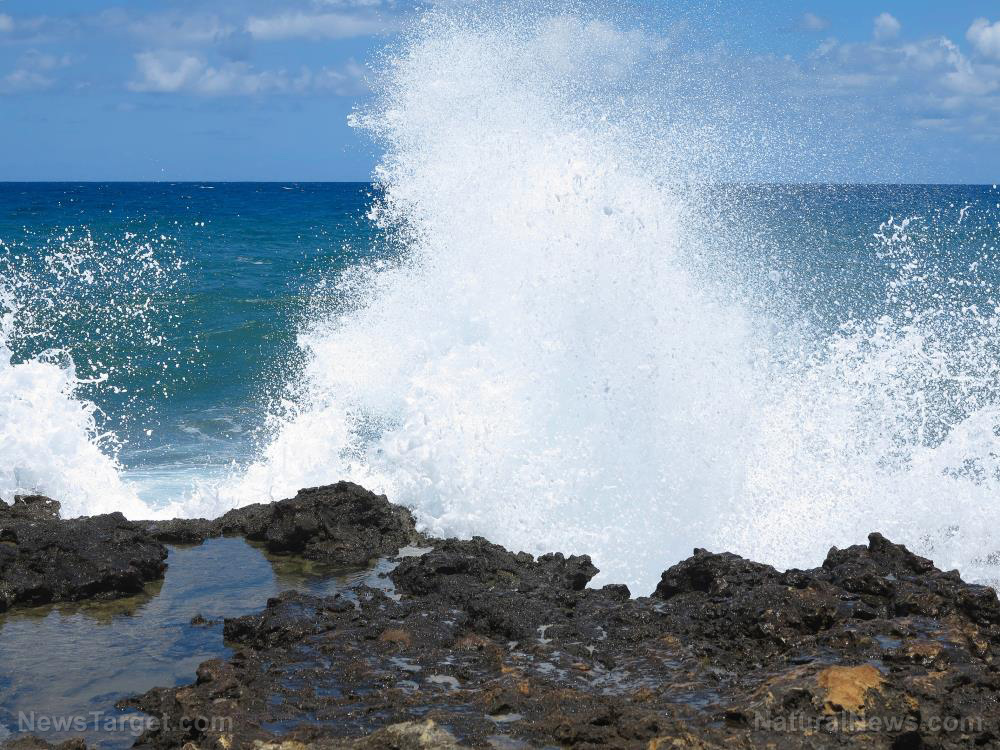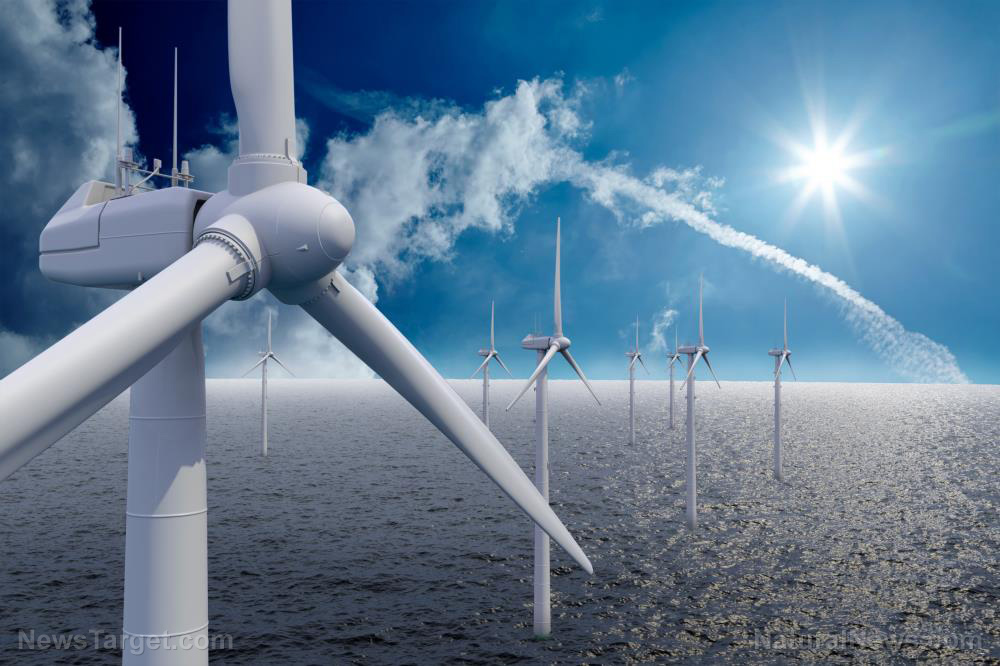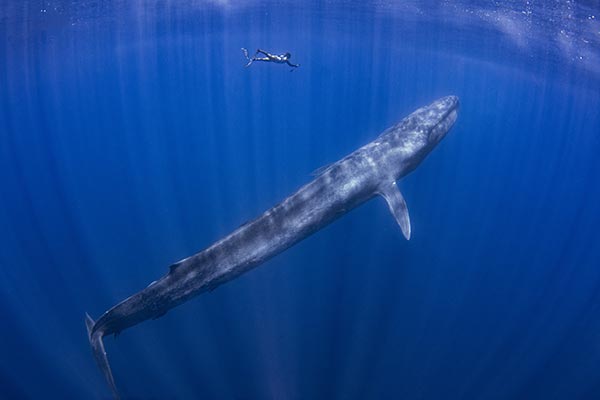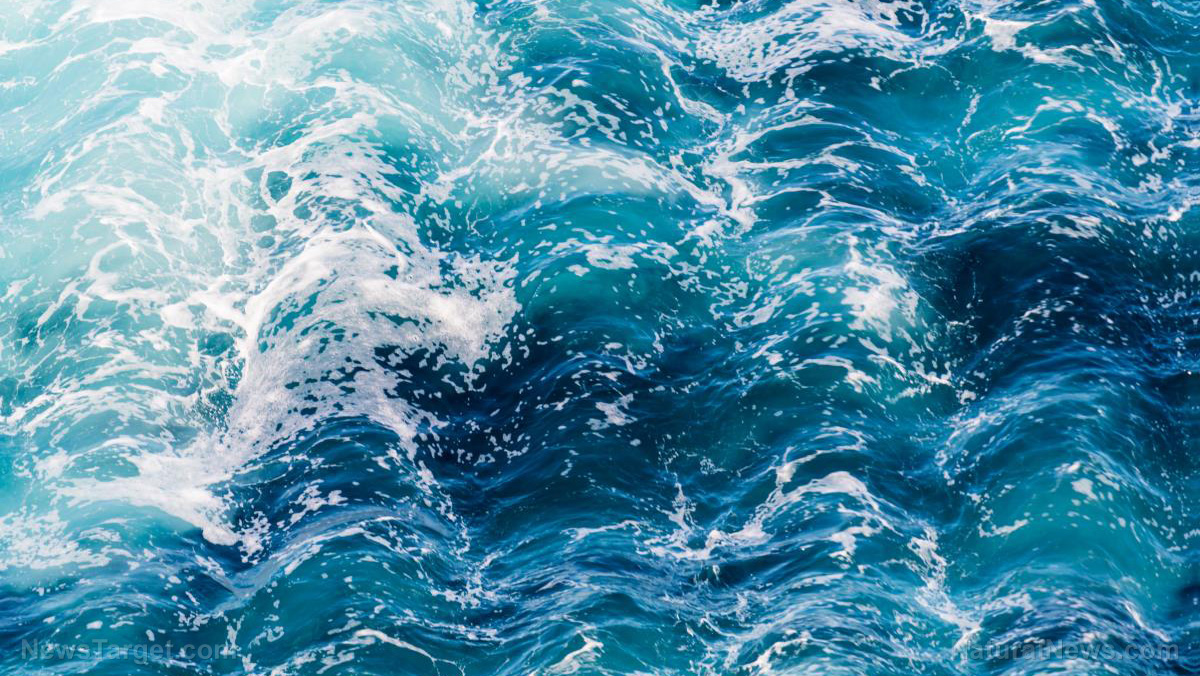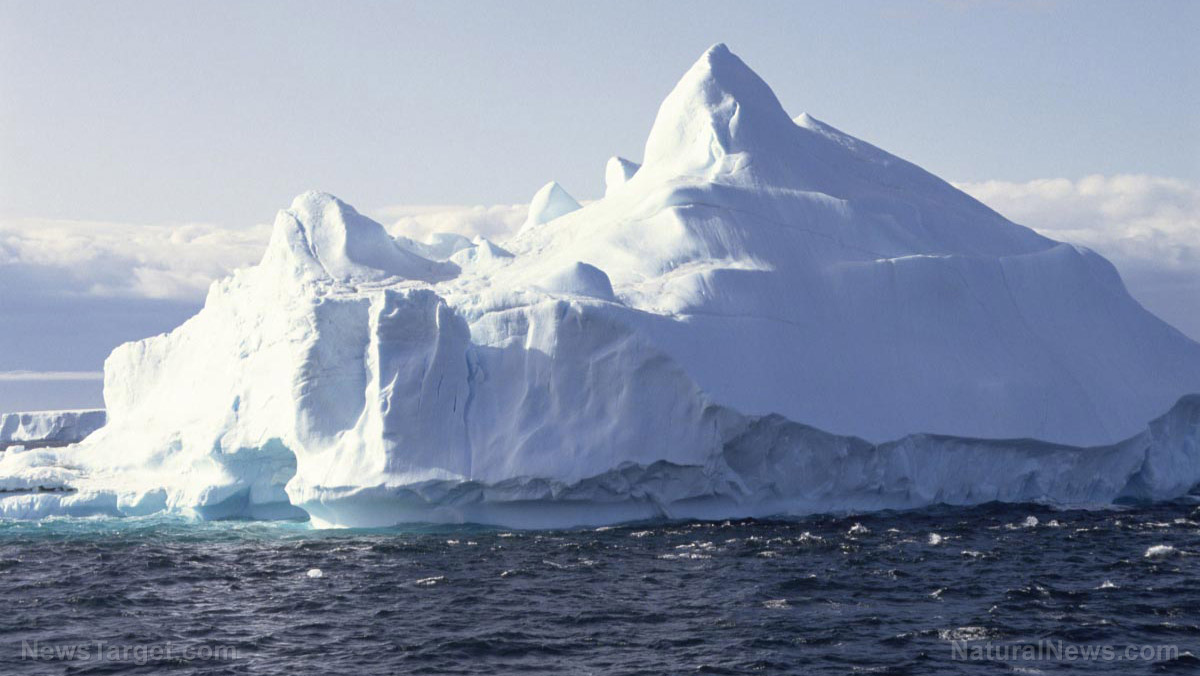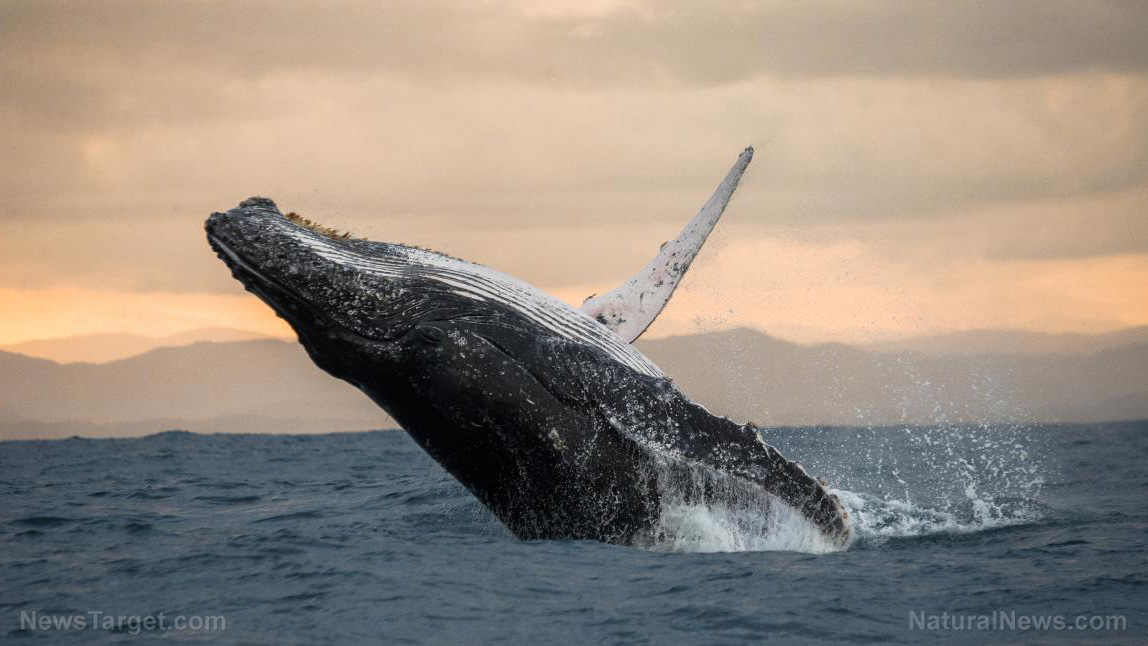Houthi attack on Greek oil tanker sparks fears of environmental catastrophe in Red Sea
08/29/2024 / By Richard Brown

A Greek-flagged oil tanker, the MV Sounion, appears to be leaking oil following an attack by Houthi rebels in the Red Sea, a Pentagon spokesperson warned on Tuesday, Aug. 27. The situation has raised alarms over a potential environmental disaster in one of the world’s busiest maritime routes.
MV Sounion came under heavy fire last week as part of the Houthis’ prolonged campaign of targeting shipping along the Red Sea in retaliation for Israel’s ongoing military offensive in Gaza, which has resulted in over 40,000 Palestinian deaths and widespread destruction of the Strip. (Related: Yemeni military reiterates warning to Israeli-linked ships not to pass through the Red Sea after claiming to have sunk 2 ships that violated the blockade.)
Recent images show bright orange flames engulfing parts of the Sounion. The tanker, which was transporting approximately one million barrels of crude oil, was on its way from Iraq to Greece when it was hit. Pentagon Press Secretary Maj. Gen. Patrick Ryder reported that the entire crew, consisting of 23 Filipino and two Russian sailors, successfully evacuated the ship.
“The MV Delta Sounion is now immobilized in the Red Sea, where it is currently on fire and appears to be leaking oil. This presents both a navigational hazard and a potential environmental catastrophe,” said Ryder.
According to United States Department of Defense officials, the leaking oil appears to be either fuel or engine oil from the vessel, not the crude oil cargo. However, the primary concern is that the fire could spread and ignite a million barrels of crude oil onboard.
Operation Aspides, the European Union’s maritime security operation in the region, described the situation as a “navigational risk and a serious and imminent threat of regional pollution.” Despite the damage, the ship remains anchored and is not drifting. Fires have been detected in several locations on the main deck.
A maritime oil shipping captain noted that while the fires on the deck are concerning, they are unlikely to spread further due to the inert nature of the gas in the cargo tanks. The captain likened the situation to a gas stove, where the flames are fed by vapors in the cargo tanks but lack oxygen to expand significantly. The most effective way to extinguish these fires is by using foam and smothering techniques, after which the focus would shift to routine oil salvage recovery.
Houthis allow MV Sounion to be towed out of Red Sea
In response to calls from several international parties, Houthi spokesperson Mohammed Abdulsalam noted that it has agreed to allow the towing of MV Sounion out of the Red Sea.
The Houthis have previously sunk at least two ships and killed three crew members in the Red Sea, which connects to the Suez Canal – a critical global trade artery responsible for 10 to 15 percent of global trade. The group claimed responsibility for the attack on the Sounion, accusing Delta Tankers of violating their ban on entry to ports in Israel.
The Iranian Permanent Mission to the United Nations stated that the Houthis would observe a “temporary truce” to allow rescue efforts to extinguish the fire. However, the mission warned that the group would continue to target oil tankers bound for Israel as long as the conflict in Gaza continues.
The U.S. State Department has called on the Houthis to halt their attacks along the vital shipping route and urged other nations to assist in preventing a looming environmental disaster. This latest incident has further underscored the risks in the region, which have already driven up shipping costs as companies seek alternative, longer routes.
The largest recorded oil spill from a ship occurred in 1979, when approximately 287,000 metric tons of oil spilled from the Atlantic Empress after a collision in the Caribbean Sea during a storm, according to the International Tanker Owners Pollution Federation.
Watch this short clip showing MV Sounion burning in the Red Sea.
This video is from the Cynthia’s Pursuit of Truth channel on Brighteon.com.
More related stories:
Yemen’s Houthis attack bulk carrier in Red Sea with suicide drone boat – first time in this conflict.
Houthis claim missile attack on USS Dwight D. Eisenhower in Red Sea; DoD says attack never happened.
Sources include:
Submit a correction >>
Tagged Under:
big government, chaos, conflict, dangerous, Ecology, environment, fuel supply, Holy War, Houthis, insanity, Israel, Israel-Houthi conflict, Middle East, MV Sounion, ocean health, oil spill, oil tanker, Red Sea, supply chain, terrorism, violence, World War III, Yemen
This article may contain statements that reflect the opinion of the author
RECENT NEWS & ARTICLES
OceanHealthNews.com is a fact-based public education website published by Ocean Health News Features, LLC.
All content copyright © 2018 by Ocean Health News Features, LLC.
Contact Us with Tips or Corrections
All trademarks, registered trademarks and servicemarks mentioned on this site are the property of their respective owners.

